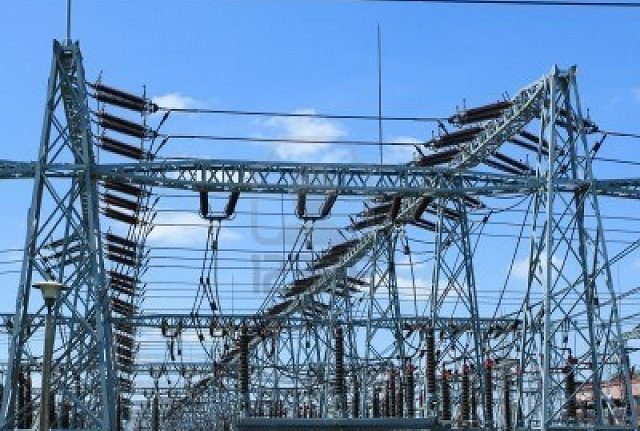Nigeria was yesterday thrown into darkness as the National Electricity Transmission System, also known as power grid, suffered total collapse for the 12th time between January 1 and December 11, 2019.
The collapse came exactly 32 days after the last failure pushed distribution companies across the country into power load shedding.
The National Electricity Transmission System is being managed by government-owned Transmission Company of Nigeria (TCN), and it has continued to suffer system collapse over the years amid lack of spinning reserve that is meant to forestall such occurrences.
One of the nation’s distribution companies, Eko Electricity Distribution Plc., confirmed the collapse, informing residents of estates on its network that the prolonged power outage, which they suffered yesterday, was caused by the collapse.
Stating that efforts were being made by EKEDC engineers to rectify this and restore power to the estates, the utility company informed residents that the prolonged power outage being experienced was as a result of system collapse from the national grid.
This is not the first time that the company has issued apology to residents over collapse.
On November 9, EKEDC stated that the grid collapsed at 11:15p.m. on Friday and 3:15 a.m. on Saturday. It was experienced across all transmission stations at 23:15hrs on the day.
“Supply was received at 03:15hrs. Sadly, at 04:38hrs, the system collapsed again. TCN and our team are working to restore supply. Kindly bear with us,” the Disco said on its Twitter handle.
Another Disco, Jos Electricity Distribution Plc., announced to its customers that “there is power outage in all our franchise states due to system collapse nationwide.
“We will provide an update shortly. Thank you for bearing with us,” it said.
Just three months ago, the power grid suffered a major collapse, the ninth in 2019.
The nation’s power grid, it would be recalled, also recorded its eighth total collapse in July, plunging consumers across the country into blackout for some hours.
The government-owned TCN, which manages the grid, blamed electricity distribution companies for the system failure.
The grid had suffered four total collapses in January and one each in February, April and May, according to the system operator.
Efforts to reach TCN for reaction on the latest collapse proved abortive. Neither a text message nor a call made to the company’s spokesperson was successful.
The TCN had, in a statement, said the incessant system collapse was due to high voltage following a massive drop of load by the electricity distribution companies.
The DisCos’ revenue collection, despite the incessant power supply epilepsy, stood at N118.9 billion in the second quarter, up from N114.6 billion in Q1, a data obtained from the Association of National Electricity Distributors (ANED) confirmed the revenue collected as bills from customers.
ANED, the umbrella body for the DisCos, said energy received in Q2 dropped to 6,912.8 gigawatt-hours from 6,950.8GWh in Q1, with energy billed being 5,587.5GWh (an equivalent of N180.8bn) and 5,576.8GWh (N176.5bn), respectively.
The DisCos’ collection efficiency improved to 66 per cent in Q2 from 65 per cent in Q1.
“The energy received by DisCos in Q2 was less than the amount received in Q1 for most of the DisCos. Only Abuja Electricity Distribution Company, Ikeja Electric, and Kano Electricity Distribution Company received more energy,” the association said in the document.
ANED said: “In a yearly comparison, the revenue collection of all DisCos has increased in N47 billion (12 per cent), mostly due to the reduction of the aggregate technical, commercial and collection losses from 50.8 per cent to 46.7 per cent.”
It said that the aggregate technical and commercial losses went down from 23 per cent to 20 per cent and collection efficiency increased from 63 per cent to 66 per cent.
The DisCos collected N453 billion as revenue from July 2018 to June 2019, compared to N406 billion paid by consumers from July 2017 to June 2018, according to the data.
“Nevertheless, some DisCos show signs of fatigue in their ATC&C performance improvement in the last months.
“Ikeja Electric has broken a new record in the ATC&C losses with 26.1 per cent in June, reducing 5.5 points in one year,” ANED said.
It said two other DisCos, Kano Electricity Distribution Company Plc. and Jos Electricity Distribution Plc., reduced the ATC&C losses in the last 12 months by 8.6 points and 11.6 points, respectively.
“For this year, most of the DisCos have not been able to beat their last year records on collection efficiency,” the association added.
